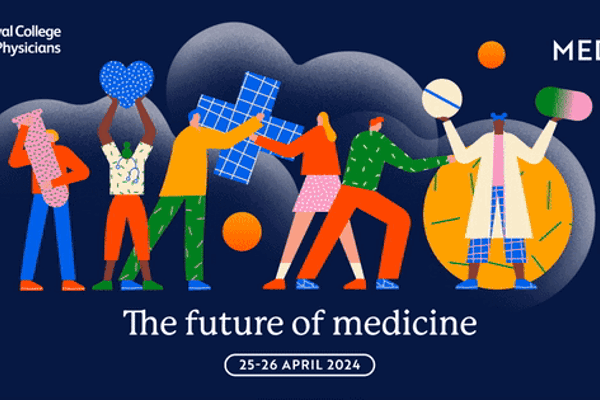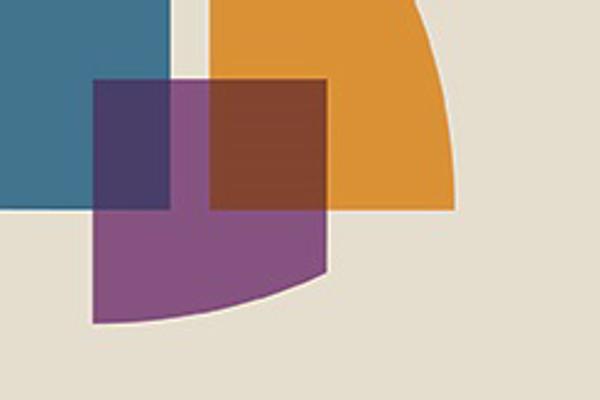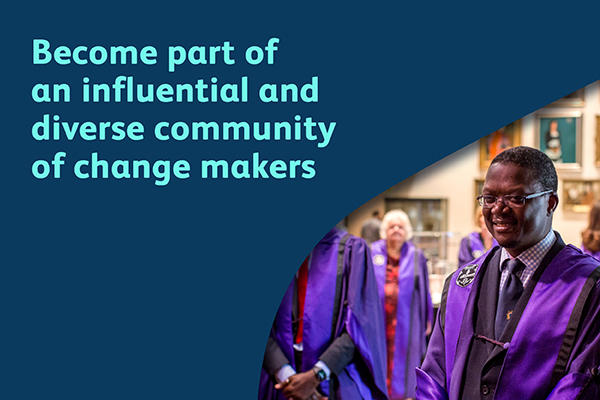In the week the BMA published ‘Racism in Medicine’ the RCP published the data it holds about the diversity of its officers, senior roles, Council and senior staff.
In 2020 we published the report of our equality and diversity review. Since then, we have been improving the information we hold about the diversity of our leadership.
Today, in the week that the BMA has published a report into racism in medicine, we have published the data that we hold. Despite the efforts we have made so far, it is not complete, so we have also said what proportion of the data we do hold as a ‘response rate’.
We recognise that the responsibility for collecting this data lies with us, even if our people ‘prefer not to say’. We will increase our efforts over the next year to fill in the blanks so we can monitor this data over time and build up a detailed understanding of our leadership.
Reflections
From the data we do have, one fact is clear: black people are underrepresented in the RCP leadership. This is not a surprise - our own census tells us that only 2% of consultants are black or black British, compared to around 3.5% of the UK population – but it is an ongoing source of concern.
The RCP very much supports efforts by medical schools to improve access to a career in medicine for underrepresented groups. It is important that we all do what we can to redress the imbalance caused by barriers for people of some backgrounds.
Ultimately, we need to remove those barriers by removing the structures of our society that cause inequality. All the data shows clearly that that there is something about the way our society is constituted that benefits some people and deprives others.
The RCP will continue to highlight the issue by publishing the data we collect – such as our surveys of newly qualified consultants - and suggesting actions in response. We encourage everyone we work with to do the same.
College officers and senior roles
This group includes our senior college officers and college officers and senior roles.

- 34% are Christian, 33% have no religion or belief, 17% are Muslim, 4% are Buddhist, 4% are Hindu and 4% are Jewish. 4% preferred not to say. Response rate: 75%

- 56% are male and 44% are female. Response rate: 100%
- 92% describe themselves as heterosexual/straight, 4% as a gay man and 4% as a gay woman/lesbian. Response rate: 75%
- 60% are married or in a civil partnership, 27% other, 7% are single and 6% separated or divorced. Response rate: 94%
- 100% said their gender is the same as was registered at birth. Response rate: 75%
- 42% are the primary carer of a child or children, 37% have no caring responsibilities, 13% are a secondary carer, and 4% are the primary carer of a disabled child or children. 4% preferred not to say. Response rate: 75%
- 96% are not disabled and 4% are disabled. Response rate: 75%
- 54% attended a fee-paying school and 46% did not. Response rate: 75%
Council
This group includes the voting members of our Council.

- 34% are Christian, 28% have no religion or belief, 5% are Muslim, 3% are Buddhist, 3% are Hindu, 3% are Jewish, 1% said ‘other’. 5% preferred not to say. Response rate: 86%

- 49% are female and 49% are male. 2% preferred not to say. Response rate: 96%
- 92% describe themselves as heterosexual/ straight, 4% as a gay woman/lesbian and 2% as a gay man. 2% preferred not to say. Response rate: 72%
- 63% are married or in a civil partnership, 21% other, 7% are separated or divorced, 6% are single and 1% are widowed. 2% preferred not to say. Response rate: 91%
- 98% said their gender is the same as was registered at birth. 2% preferred not to say. Response rate: 72%
- 45% have no caring responsibilities, 38% are the primary carer of a child or children, 7% are a secondary carer, 2% are the primary carer of a disabled or older adult, and 2% are the primary carer of a disabled child or children. 6% preferred not to say. Response rate: 72%
- 92% are not disabled and 6% are disabled. 2% preferred not to say. Response rate: 72%
- 60% did not attend a fee-paying school and 36% did. 4% preferred not to say. Response rate: 72%
Senior staff
This group includes staff grades 8 to 10, including heads of service, deputy directors, operational directors, executive directors and the chief executive.

- 59% are male and 41% are female. Response rate: 100%
- 100% said their gender is the same as was registered at birth. Response rate: 86%





